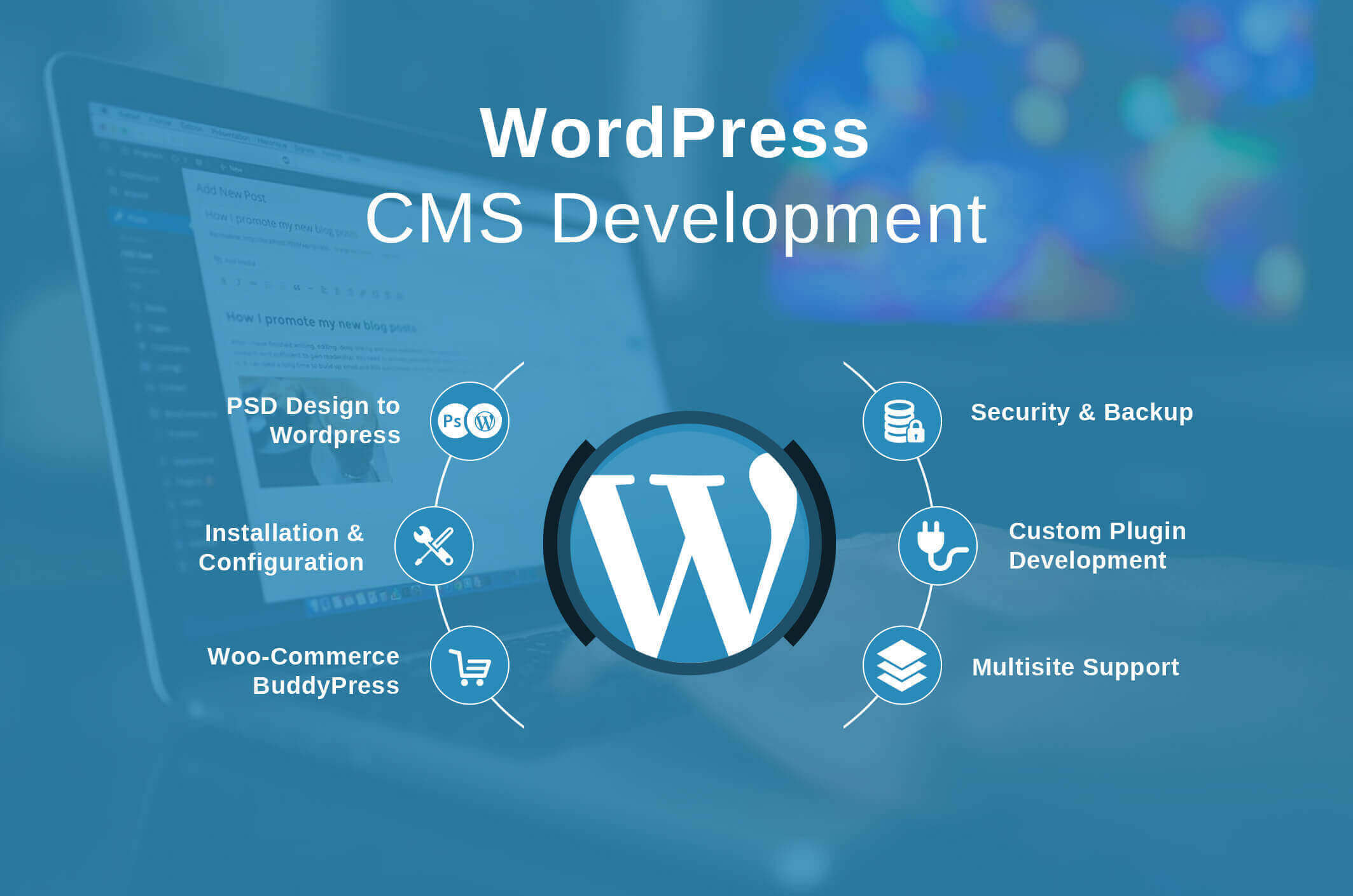Which is the Best Platform for Developing a Business Website?
When it comes to developing a business website, choosing the right platform is crucial for success. With numerous options available, it can be challenging to determine which one is the best fit for your needs. In this blog post, we will explore the top platforms for creating a business website and help you make an informed decision. Let's delve into the factors to consider and compare the top platforms to determine the ideal choice for your business. When it comes to building a business website, cost is a significant factor to consider. Different platforms offer various pricing plans, ranging from free to subscription-based models. However, it's essential to evaluate not only the initial cost but also any ongoing expenses such as hosting fees and plugin/add-on costs. The ability to customize your website according to your brand's unique requirements is crucial. Look for platforms that offer flexibility in design and functionality. Assess whether the platform allows you to easily integrate custom themes, plugins, and third-party services to tailor your website to suit your business needs. For business owners without extensive technical knowledge, a user-friendly platform is essential. Consider the platform's interface and the ease of navigating through its features. An intuitive dashboard and drag-and-drop functionality can streamline the website building process, allowing you to focus on content creation and business growth. Search engine optimization (SEO) plays a vital role in improving your website's visibility and attracting organic traffic. Evaluate how each platform handles SEO optimization, including features such as customizable meta tags, clean URL structures, and responsive design. A platform that prioritizes SEO will help enhance your website's search engine rankings and drive more qualified leads to your business. As your business grows, so should your website. Scalability is crucial to accommodate future expansion and accommodate increasing traffic and functionality requirements. Assess the platform's scalability options, such as the ability to add new pages, products, or features without compromising performance or user experience. WordPress is one of the most popular content management systems (CMS) globally, powering millions of websites across diverse industries. Its extensive range of themes and plugins makes it highly customizable, allowing businesses to create tailored solutions. Shopify is a leading e-commerce platform designed specifically for online stores. It offers a comprehensive suite of tools to launch, manage, and scale your e-commerce business efficiently.Factors to Consider
Cost:
Customization Options:
Ease of Use:
SEO-Friendliness:
Scalability:
Comparison of Top Platforms
1. WordPress:
Features
Pros
Cons
2. Shopify
Share your project details to build your path toward success.
Features
- E-commerce Focus: Shopify is tailored for eCommerce, providing features such as product listings, inventory management, and secure payment gateways.
- Built-in Marketing Tools: Benefit from integrated marketing features like email marketing, social media integration, and abandoned cart recovery.
- Mobile Responsiveness: Shopify ensures your online store is optimized for mobile devices, providing a seamless shopping experience for customers.
Pros
- User-friendly interface
- Dedicated support for e-commerce businesses
- Seamless integration with third-party apps and services
Cons
- Limited customization compared to WordPress
- Transaction fees for using external payment gateways
- Ongoing subscription costs
3. Wix
Wix is a cloud-based website builder that empowers users to create professional-looking websites without any coding knowledge. It offers a range of customizable templates and drag-and-drop tools for easy website creation.
Features
- Drag-and-Drop Builder: Wix's intuitive editor allows users to design websites effortlessly by simply dragging and dropping elements onto the canvas.
- App Market: Access a diverse range of apps and integrations to enhance your website's functionality, from e-commerce to bookings and beyond.
- AI-Powered Design: Wix ADI (Artificial Design Intelligence) creates personalized website designs based on your preferences and industry.
Pros
- Beginner-friendly interface
- Wide selection of templates and apps
- Affordable pricing plans
Cons
- Limited scalability for large businesses
- Less control over SEO compared to WordPress
- Restrictive design capabilities for advanced users
Conclusion
The best platform depends on your needs. WordPress is highly customizable, Shopify is great for e-commerce, and Wix is beginner-friendly with a range of templates. Consider your budget, technical expertise, and long-term growth strategy when making your decision.
Ready to take your business online? Get in touch with us today to explore your options and embark on your website development journey.
Email us at sales@iihglobal.com to hire a WordPress Developer or Shopify Developer for developing a stunning business website.







